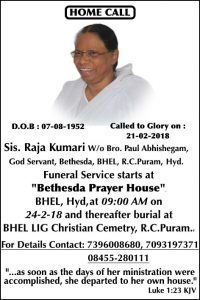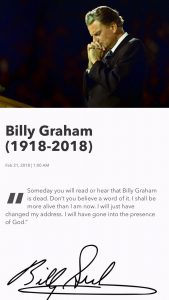
The Unexpected: A Ministry to Widows in the Ukraine
A tough life can add on its years.
This was a Saturday morning Bible study, but not your average group. They were widows who were brought together by a symphonic orchestra and chorale.
It all began years ago when Americans Roger and Diane McMurrin founded the Kiev Symphony Orchestra and Chorus. Today, led by Canadians Wes and Kim Janzen, it tours Europe and North America. Now well known in Ukraine, professional musicians have joined. The message of the gospel struck a chord with them, and one by one the musicians and singers came to personal faith in Christ.
As their music flourished and their fame spread, the musicians noticed in Scripture that the Lord had a special place for widows and orphans. Out of years of deep struggle, first under Soviet Union rule and now living with war on their eastern front, many widows find poverty is the norm.
And it is here that the story takes an interesting turn.
These musicians took it upon themselves to bring special care to widows and then orphans. Today in Kiev, 309 widows are supported by friends around the world and cared for by St. Paul’s Evangelical Church.
It took a few minutes for me to understand the nature of this group and what this represented. I watched from the rear of the room as Kim dismissed the first group. They quietly filed out of the concert hall, taking the stairs to the first floor. How they exited mattered, for only as they stood to the inside of the stairs could the next assembly of widows make their way up to the fourth floor for their hour of Bible study.
Okay, I thought, good organization. But as I arrived on the first floor, what I saw gave me a completely revised understanding and appreciation for the vision and heart of a ministry and church that began over classical repertoires and concerts. For as the 9 o’clock Bible study group slowly worked their way down the stairs, just before they exited to the street, they were given their weekly grocery bag, enough to see them through to the next Saturday.
In all the countries I’ve visited, in all the ministries I’ve met, never have I seen such a program. These musicians have adopted widows. Forgotten women, living on less than $30 a month, receive groceries, clothing, medical services, home repairs, weekly worship and Bible study and, of course, prime, free seats to the public concerts of the orchestra and chorale.
I stepped inside another door where Dr. Shevchenko was carefully going over the files of a widow. The Monday earlier, in the Kiev Concert Hall, these 309 widows were guests. These same widows have been adopted by and registered with St. Paul’s Evangelical Church – the congregation the music company founded. So how do they get sponsored, I wondered? Each goes through an extensive interview before being admitted as a sponsored widow. The selection is done carefully.
A Lesson in History from Yuri
This is in Kiev, the capital of Ukraine, and if its history is vague, let me note some reminders, as my friend Yuri Polakiwsky did for me. A car dropped Yuri and I off near a park dominated by an overpowering grey memorial erected by the Soviets to remember those the Nazis killed.
Yuri then walked me through a history, much forgotten, but not by those of who live here. We stood on the edge of the Babi Yar Park, where on September 29 and 30, 1941, the Nazis SS troops took the valuables of 33,771 Jews and, after stripping them of their clothes, marched them to their death.
We then walked down a long and wide walkway, where at the end we saw a large Jewish menorah. We stood in silence until Yuri motioned for me to follow. Moving around and behind the large menorah, in about 30 yards the ground fell away into a deep gulley. It was here that Jews, stripped of their clothing, were first shot, then pushed over the edge into the ravine and covered by dirt. Only later were their bodies extracted and burned. Months later, 100,000 Ukrainians were killed in similar fashion.
My education was not finished for the day. We drove to a memorial, one I only faintly remembered. At the entrance was a bronze statue of a thin girl, wasting away. Someone had put a red carnation in her crooked arm. The name of this memorial was Holodomor, which literally means “hunger extermination.” Stalin’s 1932-1933 purge, best described as a genocide, set loose a massive and complex engineered starvation program that killed at least three million Ukrainians. Some estimates double that.
I bring these two memories together because I’ve lived in a country whose worst memory is a skirmish with the Americans in 1812 (which we won!) and the Depression of the 1930s. Our anguish doesn’t play from such scripts as those of the Ukrainian experience. There is no collective memory from our parents – apart from those who migrated from countries that experienced such human wasting – that filtered into our growing up.
As the red rose planted in the crook of the young girl at the entrance to the Holodomor Memorial was sweet, so was St. Paul’s Evangelical Church. They chose to memorialize the sorrow and heartache of widows by giving them dignity: food, medical help, someone to drop by and fix a dripping water tap or replace a broken window, a place of worship, and great music.
I watched and listened on Sunday morning as widows mixed with young families to hear a symphony and chorale, not just any new or popular gospel ditty, but Vivaldi. I wondered: Where in the world are widows brought into a Sunday service where the beauty and brilliance of a classic is the repertoire of their worship?
Oh, the power of a melody, of one sweet rose.

